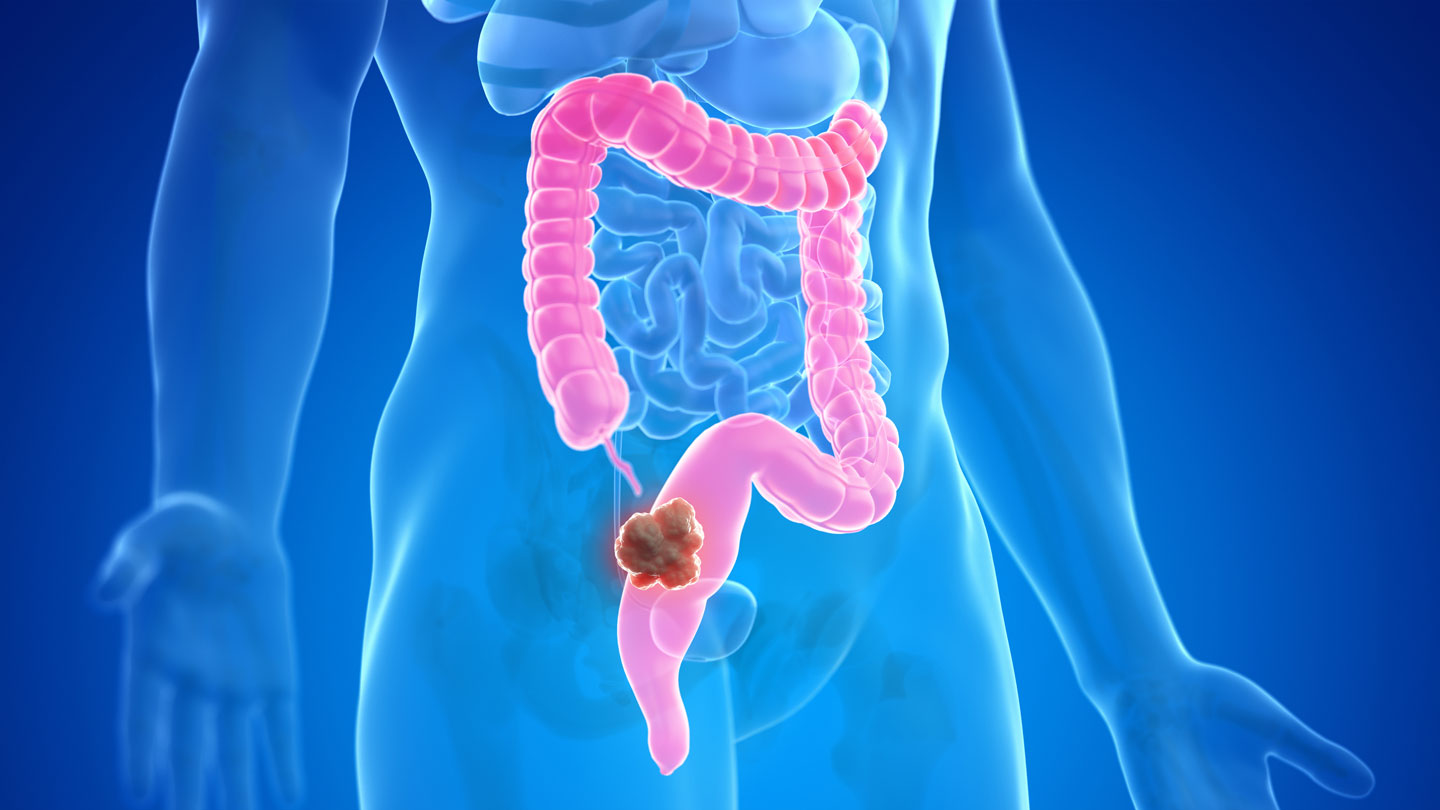Abdominal pain is one clue something could be wrong. Changing bowel movements may be another. Other people might notice blood in their stool. Doctors may chalk that symptom up to hemorrhoids, but for some people, it’s a sign of something more insidious: early-onset colorectal cancer.
Though the number of colorectal cancer cases among people under 50 has been rising for decades, younger and middle-aged adults’ symptoms can still go overlooked, says Jayakrishnan, a physician at the Cleveland Clinic in Ohio. These people aren’t in the age group that doctors tend to be concerned about, he says.
That’s also been the experience of Christopher Lieu, a medical oncologist at the University of Colorado Cancer Center in Aurora. “For the last 10 years of my career, all my patients were told, ‘You’re just too young to have colorectal cancer. Don’t worry about it.’” In a June talk at the American Society of Clinical Oncology meeting in Chicago, Lieu noted that, by 2030, colorectal cancer could be the number one cause of cancer death in people ages 20 to 49. “This is a humongous issue,” he said.
In 2018, the American Cancer Society updated its guidelines to reflect the changing incidence of the disease. Screening should begin at 45 years old rather than 50, the organization now recommends (SN: 5/31/18). But younger people with early-onset colorectal cancer may still be falling through the cracks, says Yin Cao, a cancer epidemiologist at Washington University School of Medicine in St. Louis. “At least 50 percent of these cases are under age 45,” she says.
2023-08-14 07:00:00
Post from www.sciencenews.org
